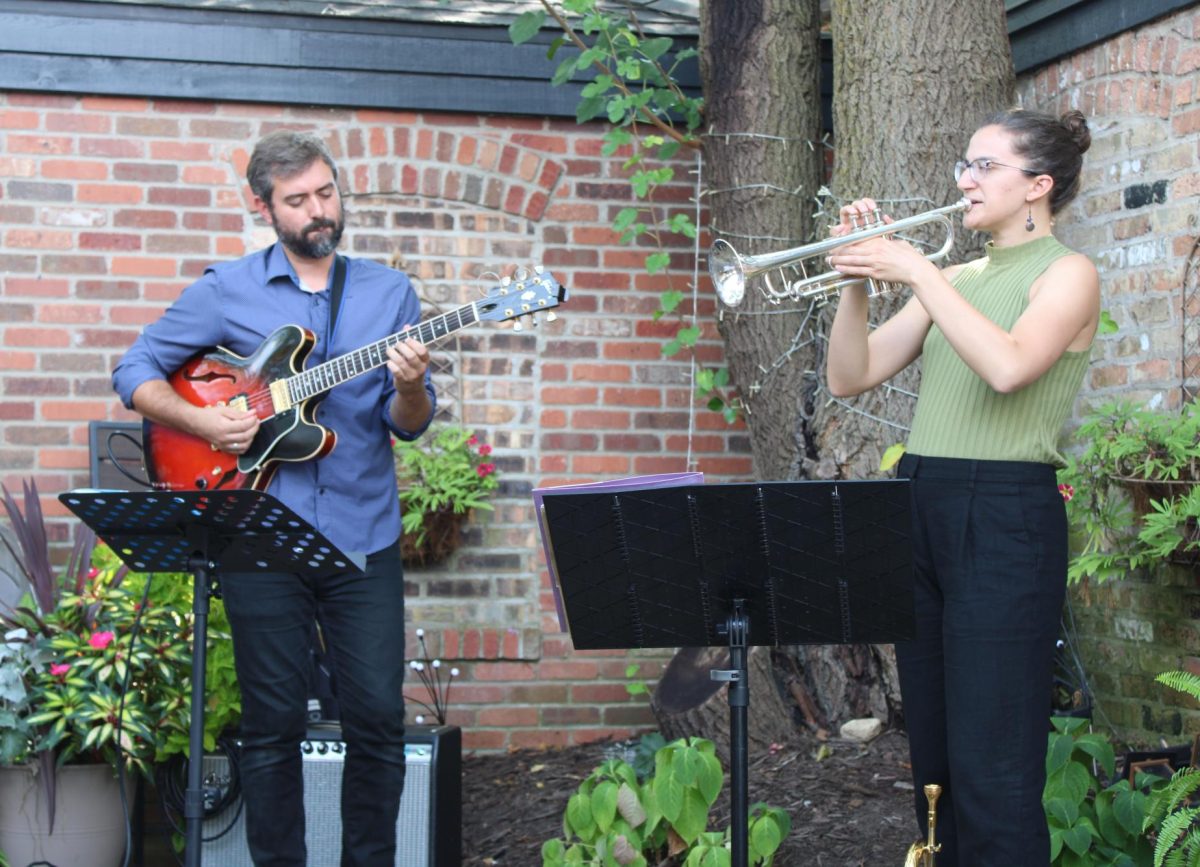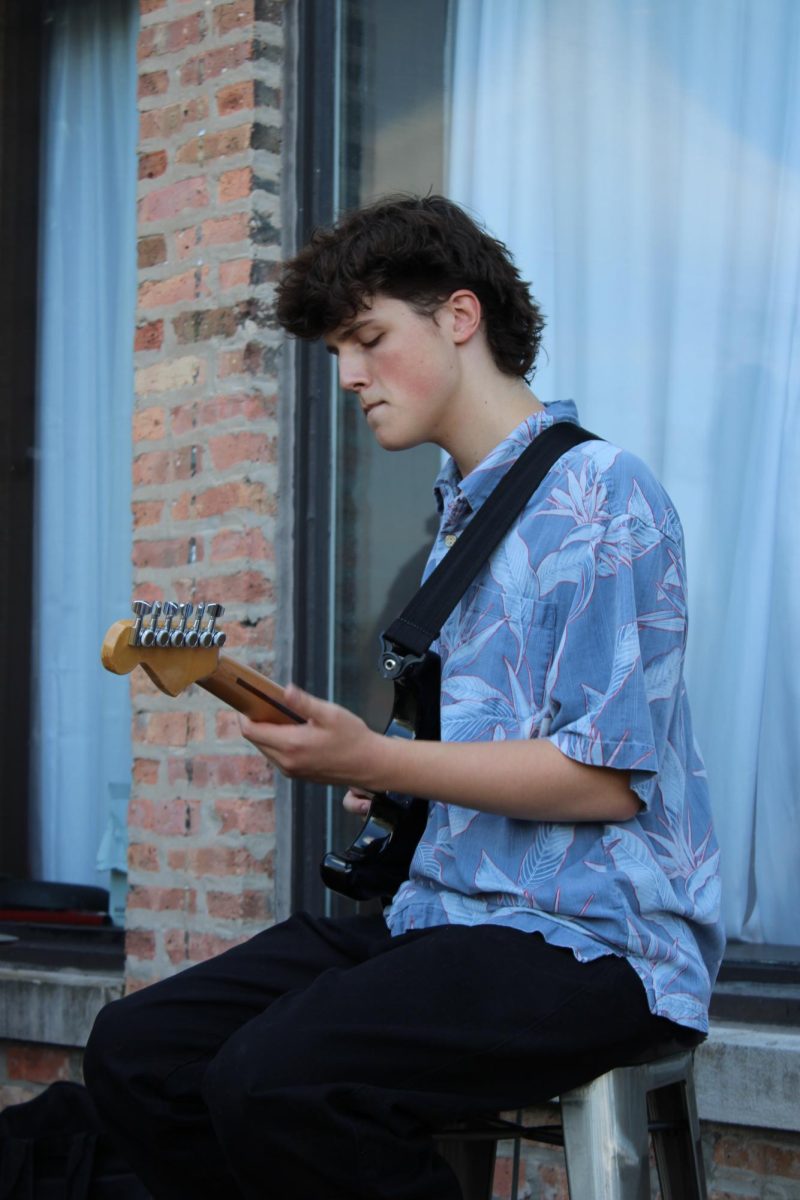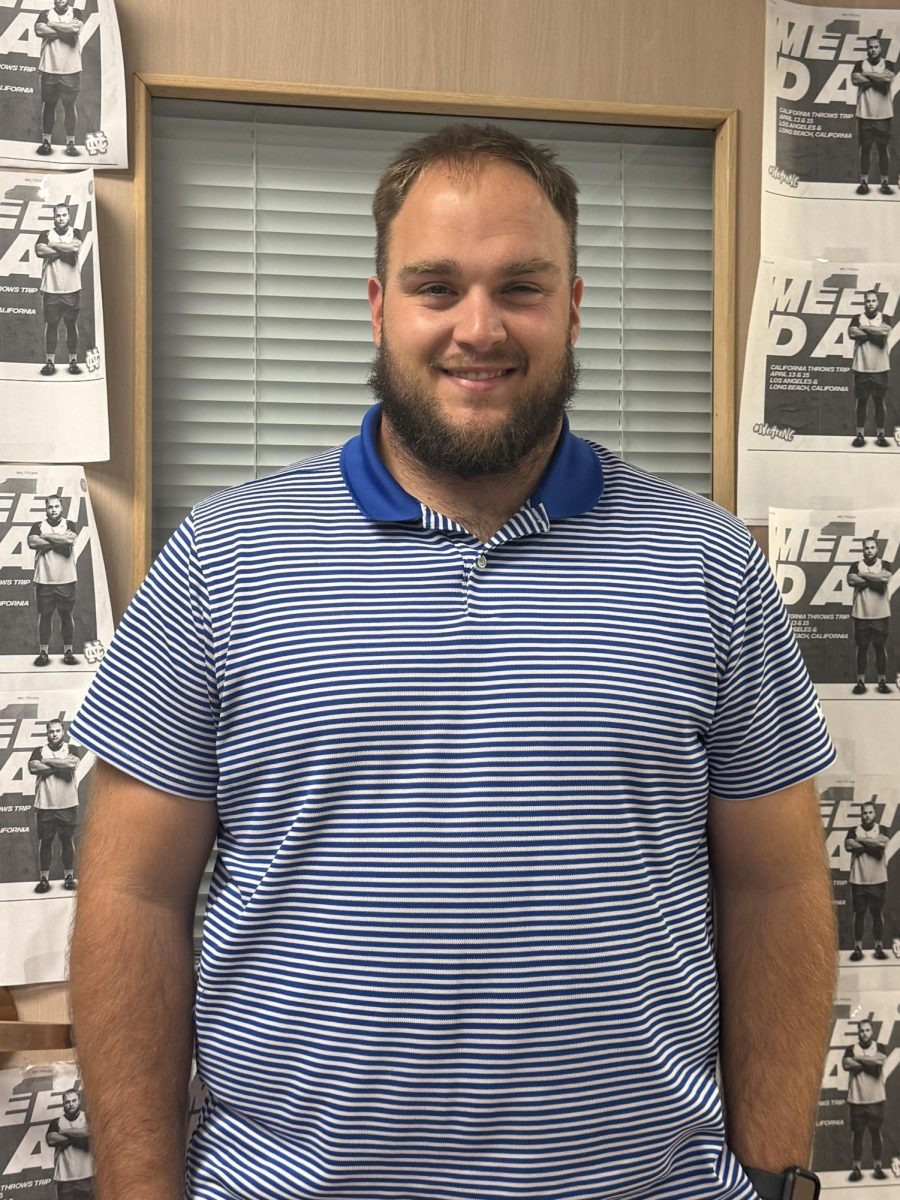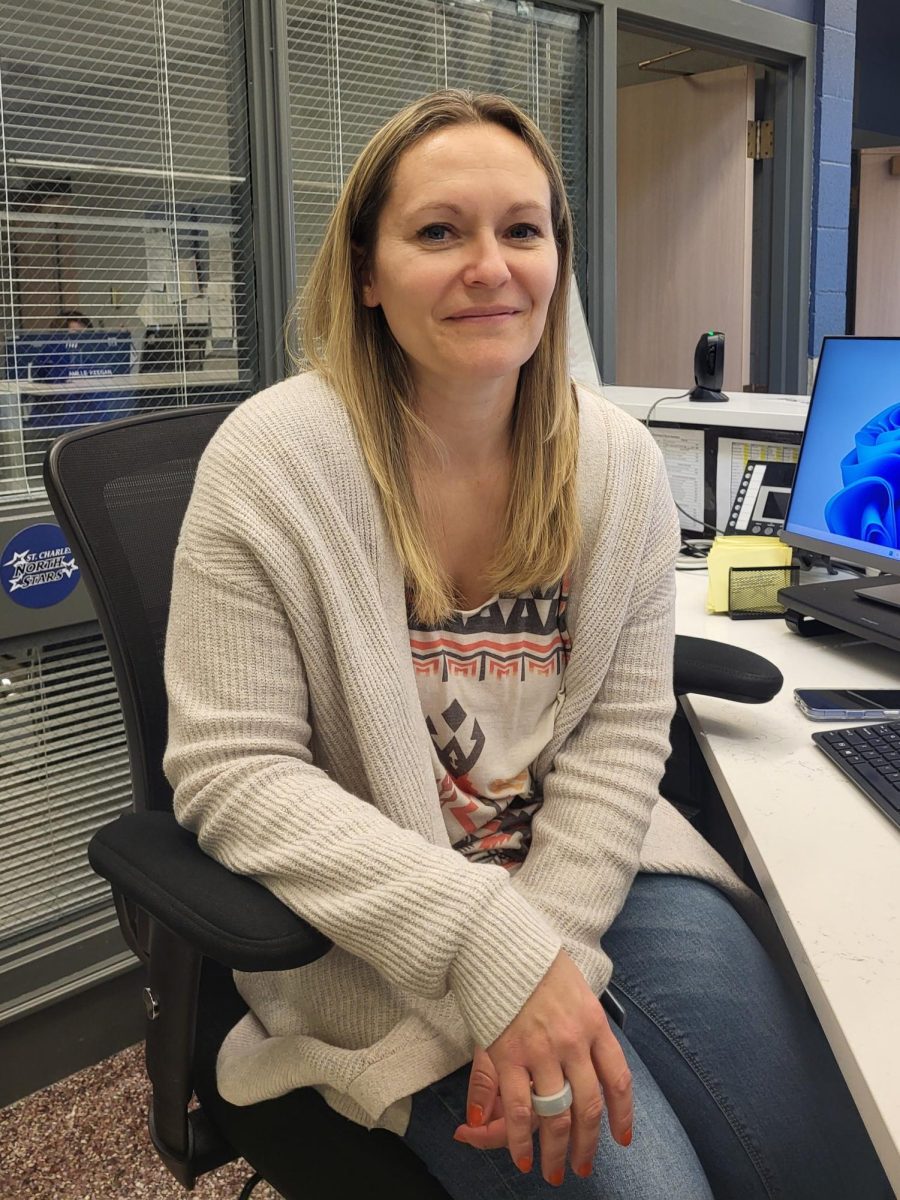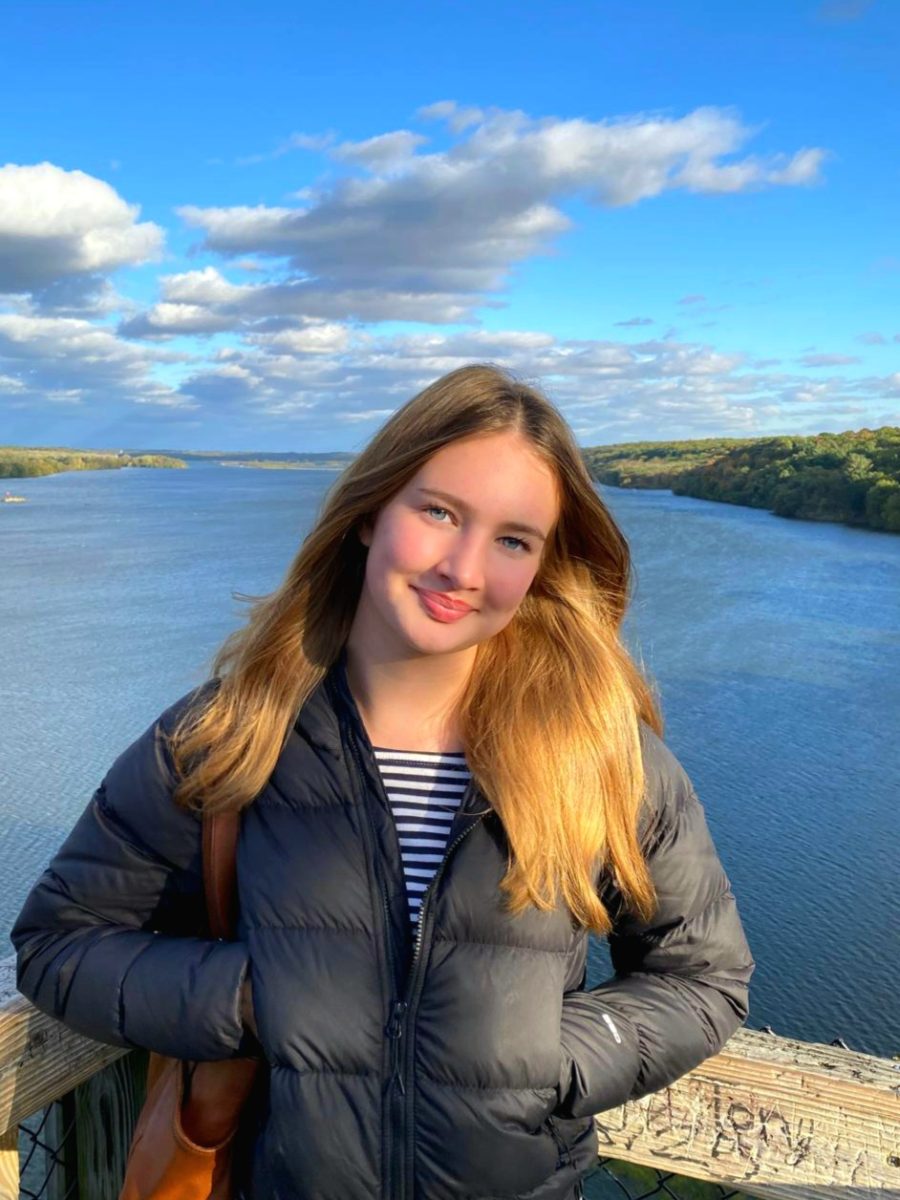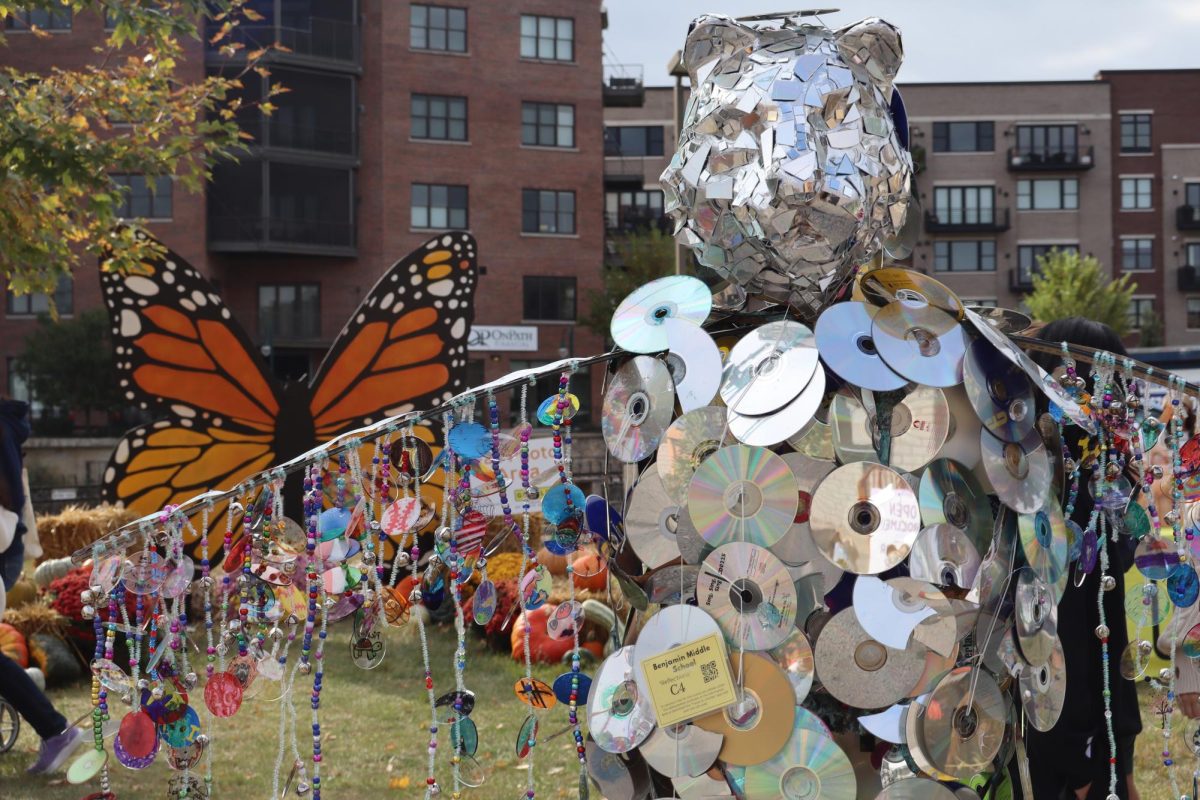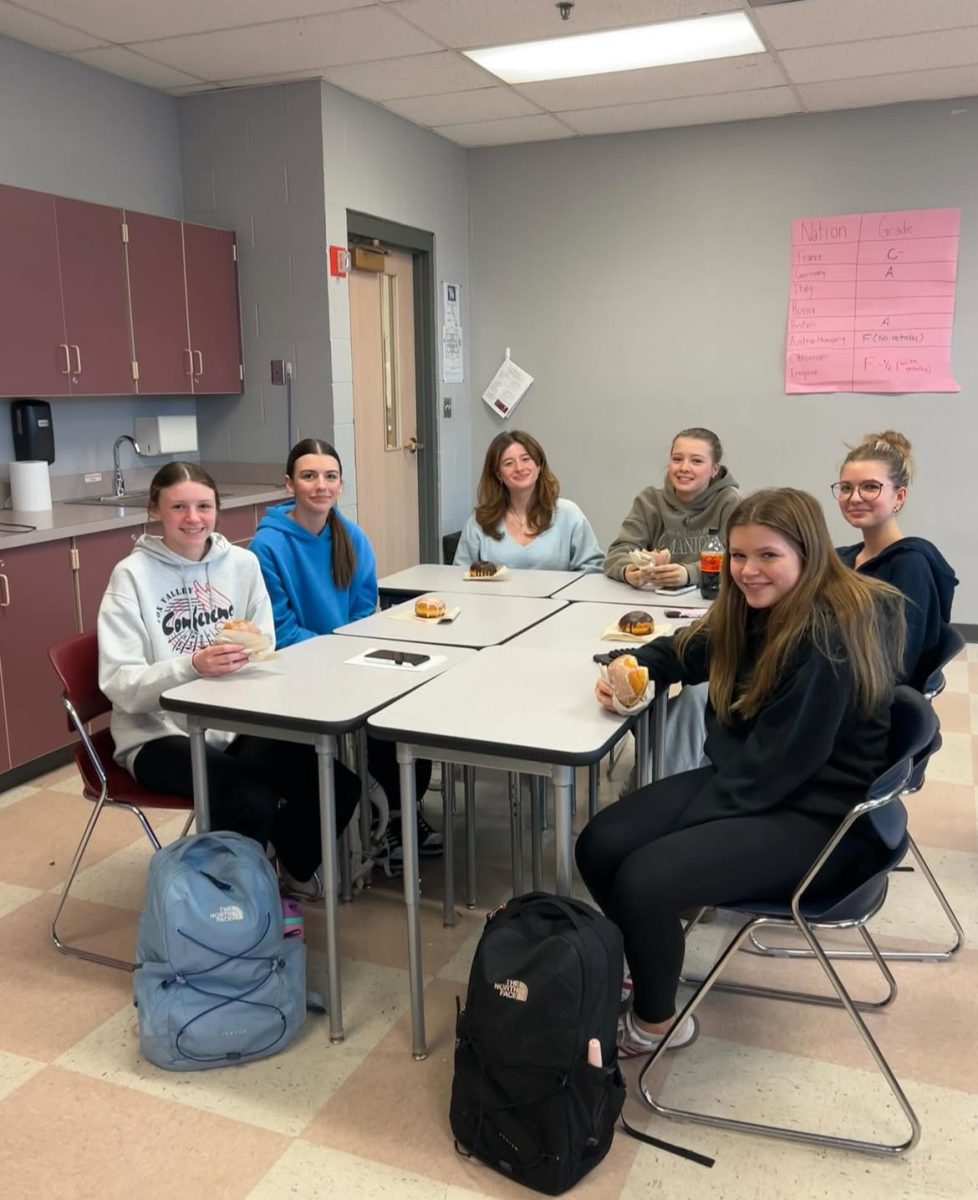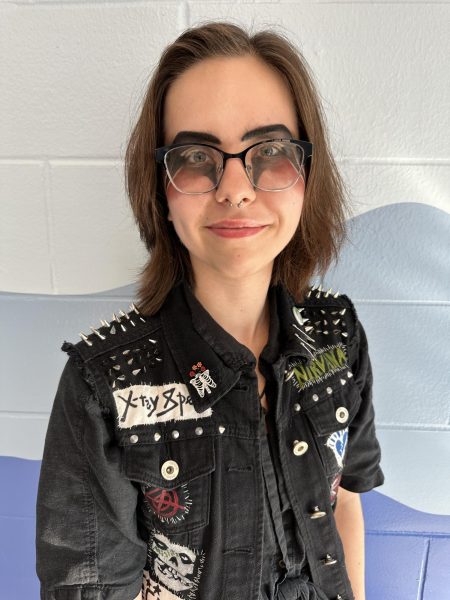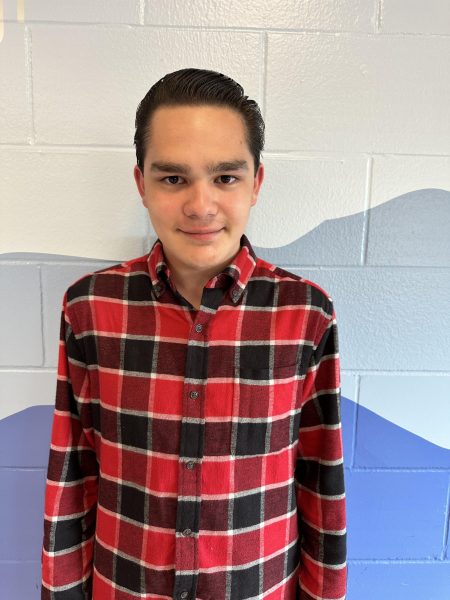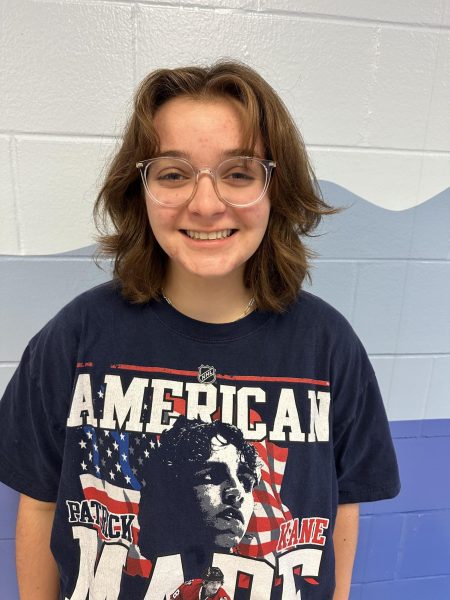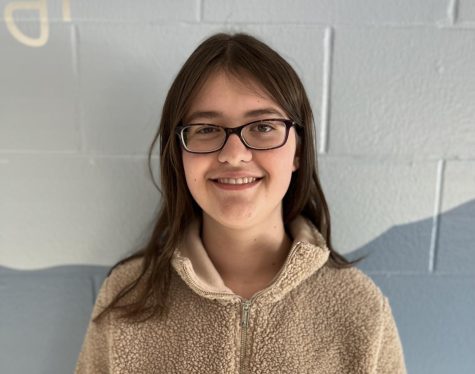A typical stroll through downtown St. Charles often consists of the loud humming of cars, the rushing of water through the dam and the crowded chattering of people across the sidewalks. However, from Sept. 12 through 15, a new sound emerged: jazz. The swirling notes of jazz music — from saxophone to drums to bass — flooded the streets and the ears of the community alike, all thanks to Jazz Weekend.
Jazz Weekend is an annual event in downtown St. Charles. It brings together jazz musicians from the Chicagoland area and beyond to perform at local theaters, restaurants, cafés, breweries, outdoor plazas and more. North’s jazz workshop played together on Saturday afternoon with Derrick Gardner, a professional jazz trumpeter. This opportunity empowered the students to shine.
“[My favorite part] was two things. One [was performing] for not only our families, but also the community at large,” said John Wojciechowski, band director and jazz teacher. “Also, one of the members of the group, Jack Buratczuk, led a trio at the Maple Leaf Coffee House later that afternoon. It was enjoyable to go and watch him do his thing.”
Jimmy Farace — a professional jazz musician who plays baritone saxophone amongst numerous other instruments — performed at Jazz Weekend both with East and the Jimmy Farace Quartet. His background as an East alumnus combined with now being a jazz teacher for private woodwind students and the Merit School of Music made his experience even more exciting.
“It was a really special full circle moment for me,” said Farace. “I think about the guest artists that I had when I was in those seats and to then stand out in front of the band, but also just talking with the students and seeing their passion, seeing how much they love the music, even at such a young age, and getting to be a part and hopefully inspiring them or guiding them to keep the flame going.”
With his own record coming out in April, it is no surprise that Farace and many of the other performers at Jazz Weekend hold a strong passion for the unique qualities found almost exclusively in jazz music.
“Something about the freedom and self expression of jazz really resonates with me,” said Farace. “Personally, I love that, unlike in other art forms, you’re encouraged to be yourself, to have your own voice, to put forward your story and your message. That’s really exciting to me and freeing, and it forms a great creative outlet, but also catharsis working with your feelings, or hard times, or even good times, too.”
Due to jazz music becoming less popular in the mainstream over the past several decades, Jazz Weekend — by using live music — provides a chance for others to gain a newly found interest in the genre.
“Jazz is an art, it’s a collaborative art, and to be honest with you, it’s dying,” said Ian Levin, junior and jazz workshop trumpet player. “It’s hard to find more people who are really interested in it, so to have a community so close that is trying to make a bigger weekend each year, to not necessarily raise awareness, but give the opportunity for students to play, is really important.”
Levin and other North jazz students hope to open the minds of the public, especially other North students, to this form of music through outreach events like Jazz Weekend.
“I think that a lot of students here at North have some prejudice [against] the jazz band,” said Levin. “I think they think it’s kind of weird, and they just don’t understand it. I think if they were to go to Jazz Weekend and just even walk around the city, that it could be eye opening, and they may even be inspired not to necessarily play the music, but to become a frequent listener.”
Wojciechowski holds a similar sentiment about the significance of sharing jazz music with the community.
“It’s one of the things I think that is important as not only a musician, but also being a teacher, is that we’re educating,” said Wojciechowski. “I’m educating the students, but also their parents or their community at large, about this music that is distinctly American, that sometimes is a little bit on the periphery of popular culture since maybe the ’40s, but it’s still relevant, and it’s still one of the only truly American art forms that exists. I think as musicians, we have a responsibility to share that with people.”


